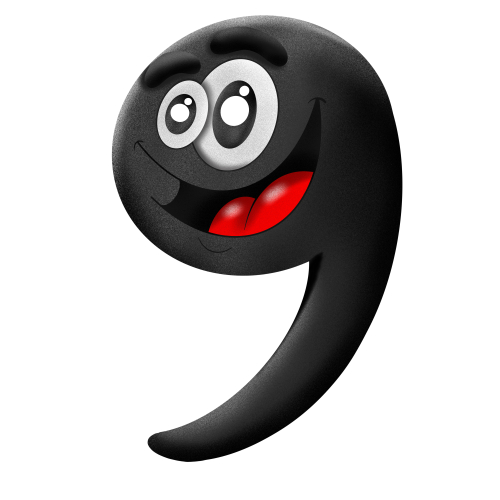TIP: When to Use “Me” vs. “I”
Is it “Mike and me” or “Mike and I”? Well, it depends on how you and Mike are involved. If you and Mike are the subject of the sentence, then you should use “I.” If you and Mike are the object, use “me.” Mike and I are going to a movie. [...]










